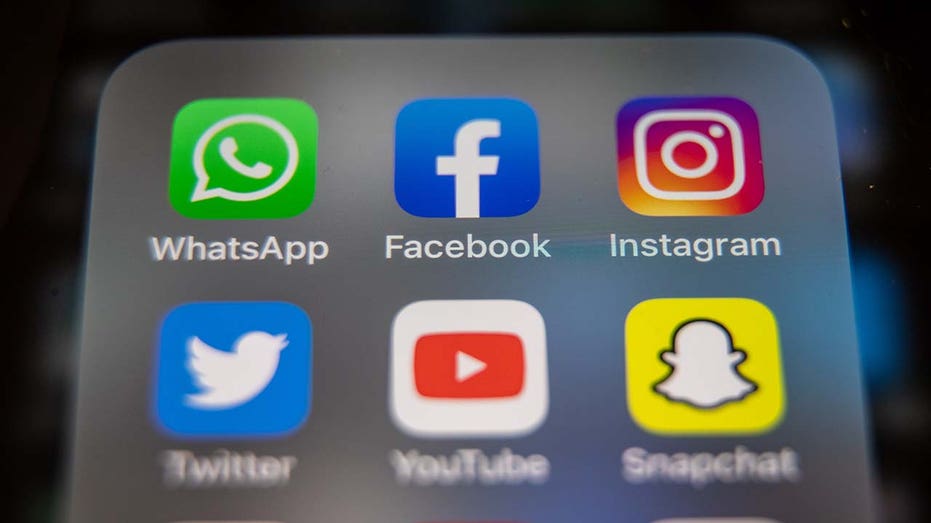Supreme Court temporarily blocks Texas social media law barring content moderation
Tech trade groups warned that the Texas social media law would allow extremist content to proliferate
Brian Kilmeade: Elon Musk could force social media to become relevant again
Fox News host weighs in on the Russia-Ukraine war and Elon Musk's new role for Twitter on 'Kudlow.'
The U.S. Supreme Court on Tuesday blocked a Texas law that would prevent social media companies from moderating content on their platforms.
The court voted in an unusual 5-4 alignment Tuesday to put the Texas law on hold, while a lawsuit plays out in lower courts.

FILE: The U.S. Supreme Court building is shown, May 4, 2022, in Washington. (AP Photo/Alex Brandon, File / AP Newsroom)
The law, HB20, would have prohibited social media platforms like Facebook, Twitter, YouTube, and Instagram from moderating content based on viewpoint. It stemmed from Republicans’ long-held contention that these companies unfairly target conservative viewpoints.
GOP Gov. Greg Abbott said the law was in response to "a dangerous movement by social media companies to silence conservative viewpoints and ideas."
INSTAGRAM LIFTS LIBS OF TIKTOK SUSPENSION, CLAIMS POPULAR ACCOUNT WAS ‘DISABLED BY MISTAKE’
Tech trade groups, meanwhile, argued that the law amounted to state-imposed censorship of private social media platforms and would allow extremist content to proliferate.
"HB20 would compel platforms to disseminate all sorts of objectionable viewpoints — such as Russia’s propaganda claiming that its invasion of Ukraine is justified, ISIS propaganda claiming that extremism is warranted, neo-Nazi or KKK screeds denying or supporting the Holocaust, and encouraging children to engage in risky or unhealthy behavior like eating disorders," tech trade groups Computer & Communications Industry Association and NetChoice wrote in a lawsuit.
"HB20 also imposes related burdensome operational and disclosure requirements designed to chill the millions of expressive editorial choices that platforms make each day."

FILE: The logo of US online social media and social networking service Facebook (C), the US instant messaging software Whatsapp's logo (L) and the US social network Instagram's logo (C) are displayed on a smartphone screen. (Photo by Matt Cardy/Getty Images / Getty Images)
Chief Justice John Roberts and Justices Stephen Breyer, Sonia Sotomayor, Brett Kavanaugh and Amy Coney Barrett voted to grant the emergency request from the technology industry groups. Justices Clarence Thomas, Samuel Alito, Elena Kagan, and Neil Gorsuch would have allowed the law to remain in effect.
The order follows a ruling last week by the 11th U.S. Circuit Court of Appeals that found a similar Florida law likely violates the First Amendment's free speech protections.
Republican elected officials in several states have backed laws like those enacted in Florida and Texas that sought to portray social media companies as generally liberal in outlook and hostile to ideas outside of that viewpoint, especially from the political right.
The Texas law was initially blocked by a district judge, but then allowed to take effect by a panel of the New Orleans-based 5th U.S. Circuit Court of Appeals.
CLICK HERE TO GET THE FOX NEWS APP
The case now heads back to the lower courts and could once again come before the Supreme Court. For the time being, the case remains blocked in Texas, reversing an appeals court decision earlier this month.
The Associated Press contributed to this report.





















